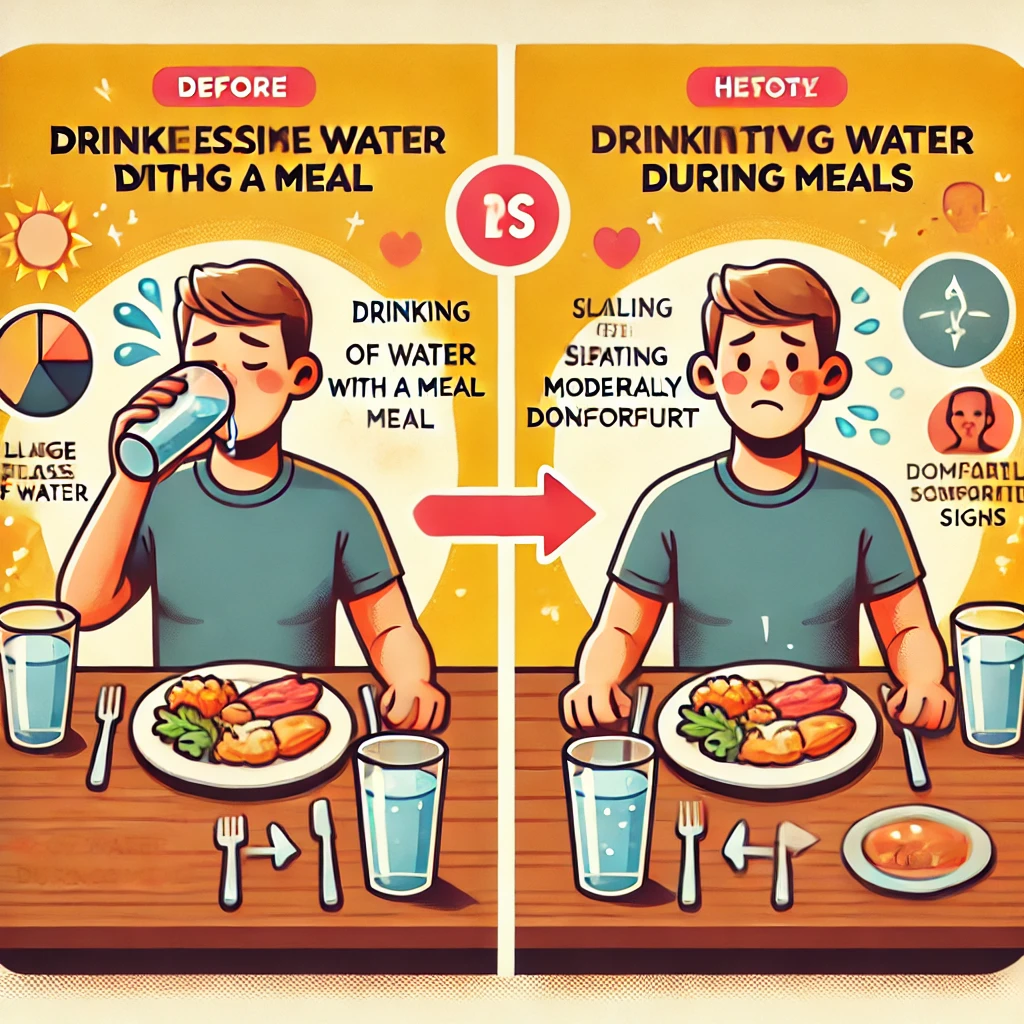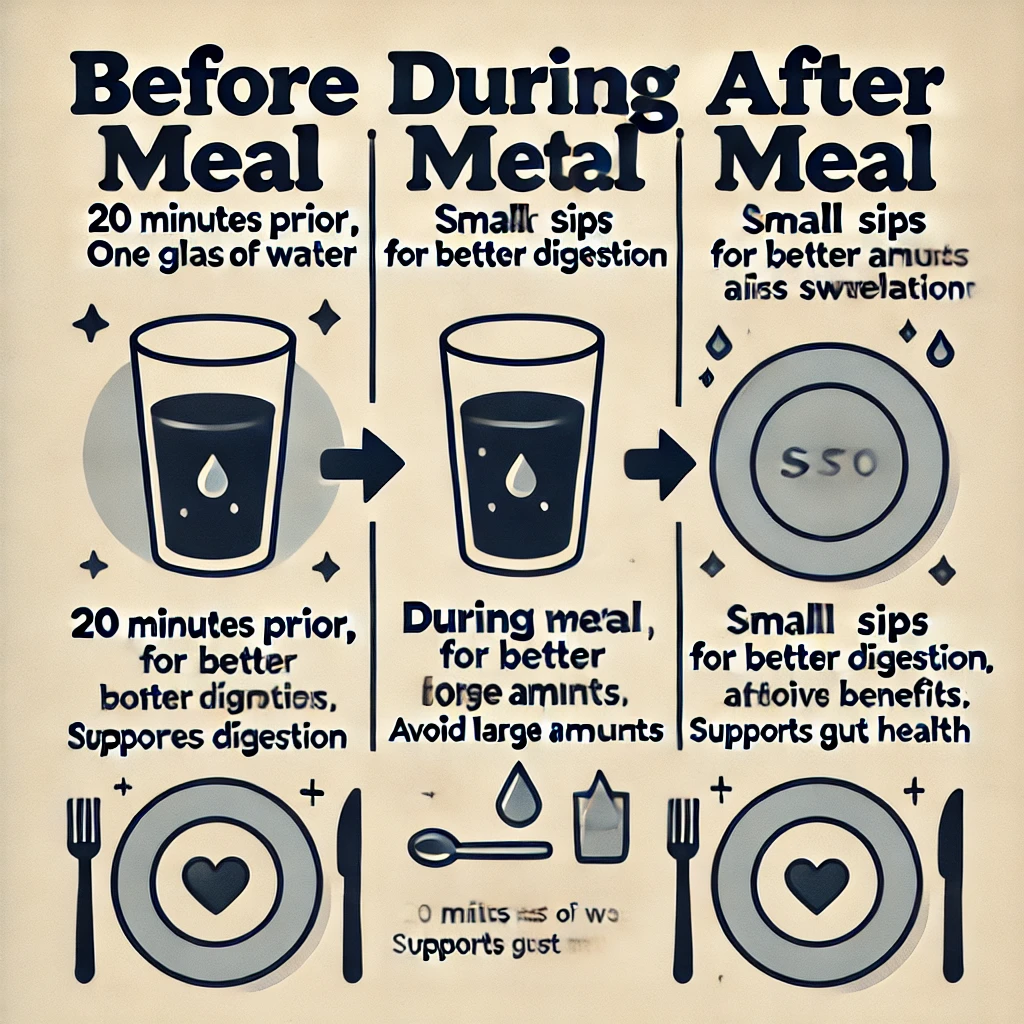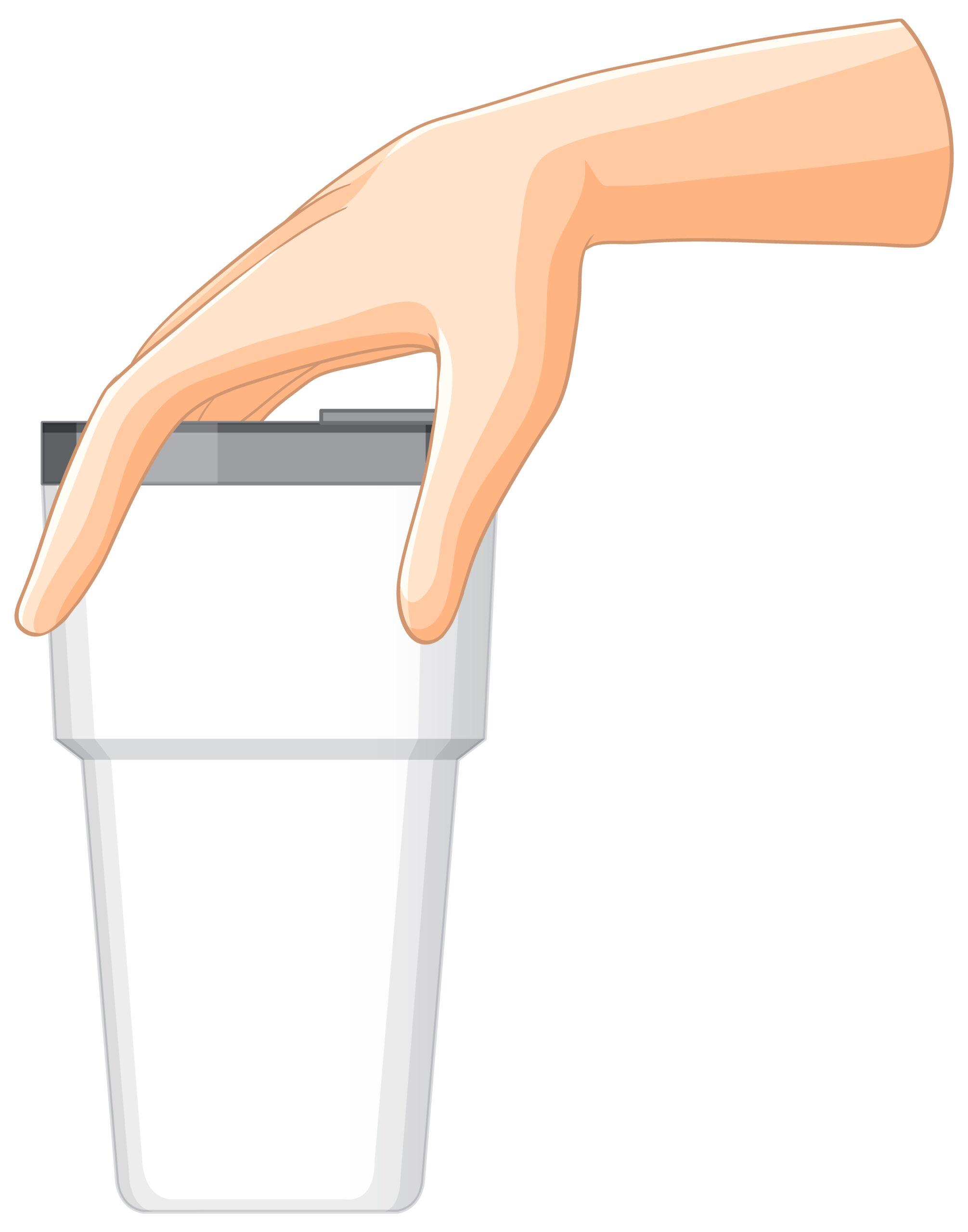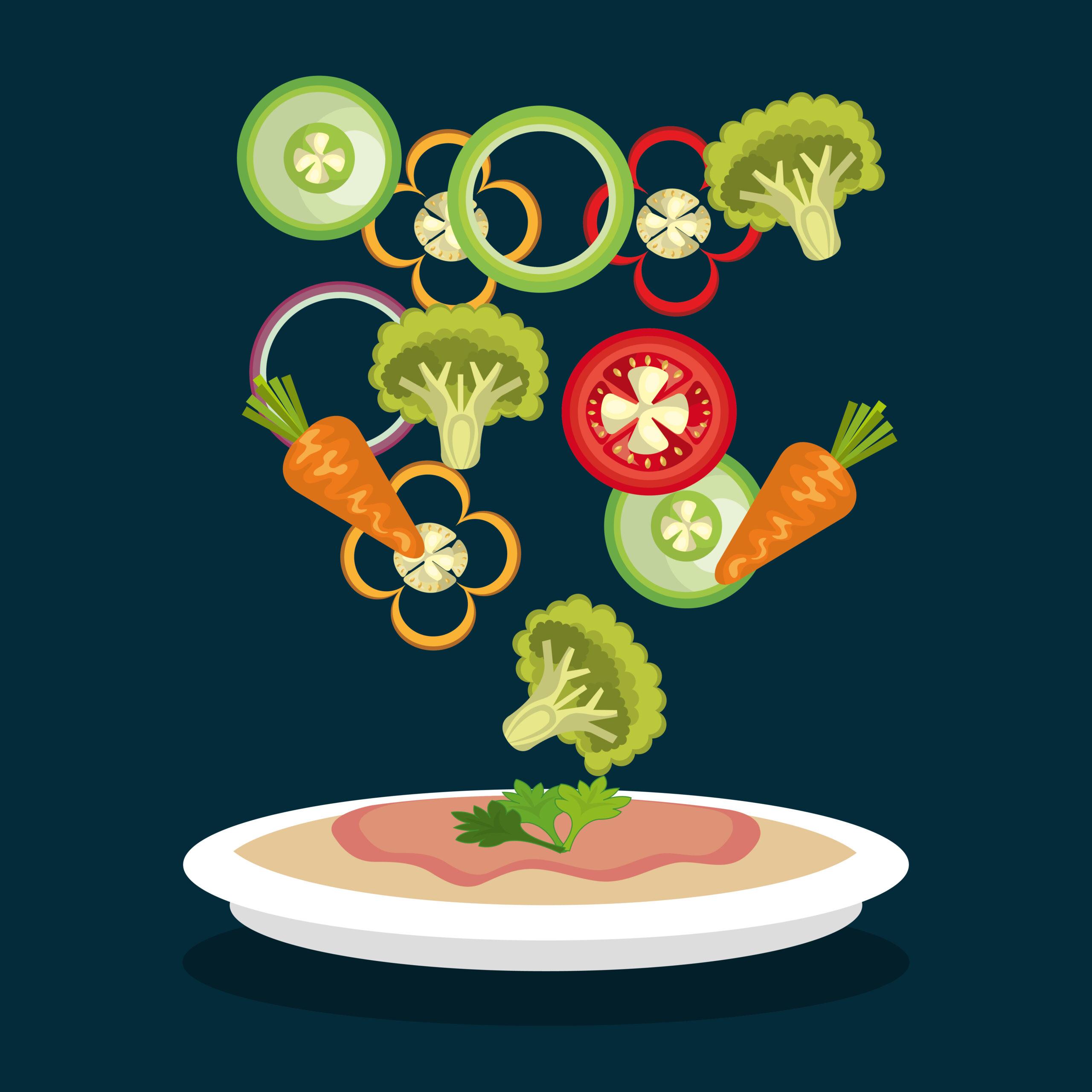Drinking water after meals It’s important to understand whether drinking water after meals is beneficial or detrimental to your health.
How to water healing your body?
While eating, drinking water can aid digestion. Here’s a breakdown with 50 key points to help you understand the topic better:
1–10: The Basics
Water helps break down food for easier digestion.
It assists in swallowing and softening food.
It prevents dehydration during meals.
It reduces the risk of choking.
It aids the production of saliva, which starts digestion.
Keeps your mouth hydrated.
Makes it easier for enzymes to act on food.
Can dilute strong, spicy Flavors in your meal.
Helps move food through the esophagus.
Provides a cooling effect, especially with hot foods.
11–20: Digestive Benefits
Improves absorption of nutrients by helping food dissolve.
Supports stomach acid in breaking down food.
Reduces constipation by softening food.
Helps food pass more smoothly to the intestines.
Prevents acid reflux by aiding digestion.
Can reduce bloating by keeping digestion smooth.
Promotes metabolism by helping digestion work efficiently.
Assists in breaking down fibrous foods.
Improves the gut lining by ensuring hydration.
Makes stool softer and easier to pass.
21–30: Misconceptions
Drinking water doesn’t “dilute stomach acid” enough to harm digestion.
Does not hinder nutrient absorption.
Large amounts may cause temporary fullness but not bloating in most cases.
Moderate drinking during meals isn’t linked to weight gain.
No evidence suggests water “slows” digestion significantly.
It is safe even with dairy-heavy meals.
Warm or room-temperature water may be easier on sensitive stomachs.
Avoid carbonated water if prone to bloating.
Excessive water might dilute enzymes slightly, but this rarely affects digestion.
Drinking too little water can cause dry mouth and swallowing issues.
31–40: Optimal Practices
Drink sips instead of gulps to avoid discomfort.
Pair water with meals to help manage portion sizes.
Listen to your body; if it feels good, continue drinking water.
Drink water before meals if you’re managing calorie intake.
Avoid very cold water if it causes discomfort.
Choose plain water over sugary drinks.
Drinking herbal teas can be an alternative.
Avoid over-drinking as it might cause temporary fullness.
Stay hydrated throughout the day, not just at meals.
Adjust water intake if eating very salty foods.
41–50: Specialized Considerations
Elderly individuals should drink water to avoid dehydration.
Athletes benefit from water during meals to replenish fluids.
People with swallowing issues should sip water regularly.
Avoid sugary or caffeinated drinks during meals; they can upset digestion.
Individuals with certain medical conditions (e.g., acid reflux) may benefit from small sips.
Ensure kids drink water with meals for easier digestion.
Overeating can be mitigated by water intake during meals.
High-fiber meals work best with water.
Eating soups counts as hydrating while eating.
Stay mindful: listen to what feels right for your body!
In conclusion, moderate water consumption during meals is not harmful and can be beneficial. Just ensure you drink mindfully to support digestion!
Is drinking water while eating bad
Drinking water during meals is not inherently bad and can even support good digestion and a healthy gut. The idea that drinking water disrupts digestion is largely a myth. Here’s why:
The Role of Water in Digestion
Helps Break Down Food: Water assists in breaking food into smaller pieces, making it easier for your body to absorb nutrients.
Facilitates Enzyme Action: Contrary to myths, water does not significantly dilute digestive enzymes or stomach acid. It supports their action by moistening food.
Aids Gut Movement: Drinking water helps food move smoothly through the digestive tract, preventing issues like constipation.
Benefits for Gut Health
Promotes Nutrient Absorption: Water helps dissolve nutrients, such as vitamins and minerals, making it easier for the intestines to absorb them.
Prevents Bloating: Staying hydrated reduces bloating and promotes efficient digestion.
Maintains Gut Lining Health: Proper hydration ensures the mucosal lining of the gut remains healthy, which is essential for protecting it from irritants and harmful bacteria.
Reduces Heartburn: Drinking water during meals can neutralize acidic food and reduce the chance of acid reflux.
Good Practices for Drinking Water with Meals
Sip, Don’t Gulp: Small sips during meals help digestion without causing discomfort or a feeling of fullness.
Avoid Excess: Drinking too much water in one go may temporarily slow digestion by overfilling the stomach, but this is rare and not harmful long-term.
Pair with Fiber-Rich Foods: Fiber relies on water to work effectively in aiding digestion and preventing constipation.
Common Misconceptions
Dilution of Stomach Acid: Drinking water doesn’t dilute stomach acid enough to hinder digestion. The body adjusts by producing more gastric juices as needed.
Slows Down Digestion: Water actually facilitates the process by softening food and helping it move through the digestive system.
Final Thought
Drinking water during meals is beneficial and supports digestion and gut health when done in moderation. It hydrates the body, assists nutrient absorption, and prevents digestive discomforts. The key is balance—sip water mindfully during meals to enhance overall digestive wellness.

The General Guideline: The 20-30-20 Rule
This simple ratio can help manage water intake throughout your eating routine:
20 minutes before a meal: Drink a glass (around 8–10 oz or 250 ml) of water to prepare your stomach and prevent overeating.
30 minutes during the meal: Sip water periodically (small sips, not gulps) to aid chewing, swallowing, and digestion. Avoid drinking more than half a glass at a time.
20 minutes after the meal: Drink another glass to help with hydration and digestion without diluting digestive juices too much.
Example Scenario
Imagine you’re having a balanced meal consisting of rice, vegetables, and chicken:
Before the Meal:
Drink 1 glass of water (~250 ml). This keeps you hydrated and prevents overeating by giving your stomach a sense of fullness before starting.
During the Meal:
Take small sips after every few bites—around 3–5 sips per serving of food. This will help moisten your food for easier chewing and swallowing without overfilling your stomach.
Avoid drinking a full glass in one go, as this might make you feel bloated or temporarily slow digestion.
After the Meal:
About 20 minutes after finishing your meal, have another glass (~250 ml) of water. This aids in flushing out waste and supports the later stages of digestion.
Special Considerations for Different Needs
High-Salt or Spicy Meals: Drink slightly more water during the meal to balance the effects of salt or spices.
Low-Fiber Meals: Pair the meal with more water to compensate for reduced bulk in your digestive system.
High-Fiber Meals: Fiber absorbs water, so ensure adequate hydration throughout and after the meal to prevent constipation.
Signs You’re Doing It Right
You feel comfortable and hydrated, not overly full or bloated.
Your digestion feels smooth, with no signs of constipation or acid reflux.
Your thirst is managed, and you don’t feel the need to overconsume liquids after eating.
Key Tip
The quality of water matters too! Avoid sugary drinks or caffeine during meals, as these can upset your stomach or dehydrate you. Stick to plain water, herbal teas, or water-rich foods like soups.
By following these guidelines, you can optimize hydration during meals to support digestion and overall health.



Leave a Reply